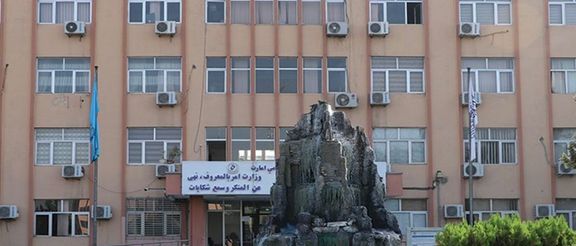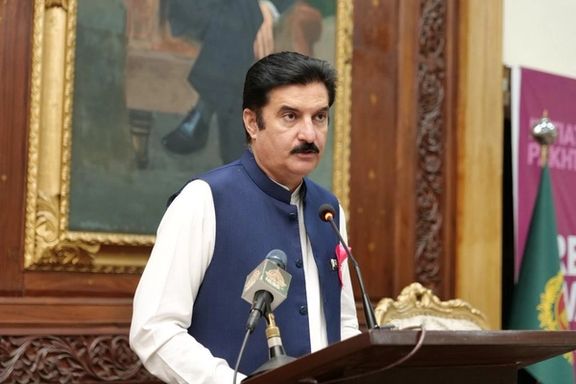Abdullah Raihan, who served for more than two decades as a close assistant to Haqqani and now identifies as a journalist, made the remarks in a written commentary published on Wednesday.
“We must do what we believe in, but the people should be given the freedom to judge the legitimacy of the government,” Raihan wrote, directly addressing Taliban officials. “Our goals are greater; minor issues should not prevent us from achieving our major objectives.”
Raihan cautioned against labelling those who express emotional attachment to Afghanistan’s former tricolour national flag as traitors. “Perhaps we have not yet served this nation with the honesty and sacrifice it truly deserves,” he wrote.
Acknowledging the country’s long history of struggle, Raihan argued that Afghanistan’s challenges cannot be resolved within four years and called on Taliban leaders to use this time to improve governance. “The people of Afghanistan have endured hardship for over a century,” he said. “Everything cannot be fixed in just four years. The people need time, and the leadership must seize this opportunity.”
Khalid Zadran, spokesperson for the Taliban police in Kabul, described Raihan in his memoir, 15 Minutes, as one of Haqqani’s most trusted comrades during the war against the former Afghan government. He referred to Raihan as a “devoted companion,” noting his leadership of the Manba al-Jihad media studio, which produced several pro-Taliban films including Karwan-e-Ghaziyan and Lashkar-e-Badri.
Despite his former role, Raihan’s recent commentary reflects a more conciliatory tone. “It doesn’t matter to me who supports which flag and why. What matters is that the message of truth and justice behind the white flag reaches the hearts of the people,” he wrote. “More importantly, this fractured and downtrodden nation must unite under one flag and live with dignity.”
He also urged Taliban leaders to reflect on past mistakes and to earn public trust through action. “When we prove our beliefs in practice and strengthen the foundations of the system, this country will no longer face collapse,” he wrote. “But that requires effort, sacrifice, and determination.”
Raihan’s statement came a day after Afghanistan’s National Flag Day. In recent years, the Taliban has detained and allegedly tortured numerous citizens for expressing support for the former national flag, highlighting the deepening divide between the regime and sections of Afghan society.

